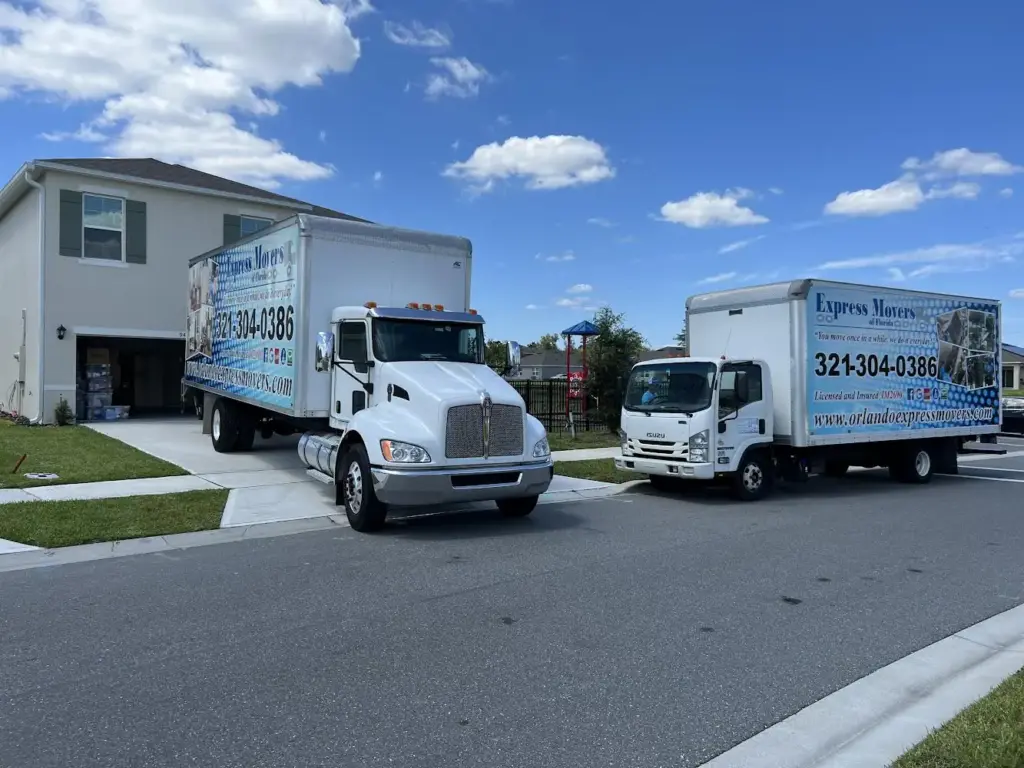Imagine getting paid thousands of dollars just to pack your bags and relocate. Sounds like a fantasy, right? In 2025, it’s reality. Across the United States, small and mid-sized cities are rolling out the welcome mat—complete with cash bonuses, tax breaks, and perks—to attract new residents. For people considering a move, these incentives could tip the scales. For moving companies, this trend opens up exciting opportunities.
Why Cities Are Offering Cash to Movers
It all comes down to economics. Many smaller cities face shrinking populations as young professionals head to big urban hubs or embrace remote work. To keep communities vibrant and economies stable, local governments are offering relocation incentives. By attracting remote workers, these cities increase tax revenue, stimulate local businesses, and revitalize neighborhoods.
Programs like Tulsa Remote in Oklahoma or MakeMyMove have already proven the model. Tulsa Remote, for example, has brought in thousands of remote workers since launching in 2018, offering participants $10,000 to move plus free coworking space. Other cities are quickly catching on.

What Incentives Look Like in 2025
Relocation offers vary, but common perks include:
• Cash Bonuses: $5,000–$15,000 for approved movers.
• Housing Support: Discounted rent, mortgage assistance, or free lots for building.
• Coworking Spaces: Access to professional work hubs to attract remote workers.
• Lifestyle Perks: Free gym memberships, museum passes, or local discounts.
Some towns even tailor incentives to specific industries, such as healthcare or education.
Who’s Eligible?
These programs typically target remote workers, entrepreneurs, and young families who can bring income to the area without competing for limited local jobs. Applicants usually need to prove employment or self-employment, agree to stay for a set period (often one year), and commit to living within city limits.
How This Affects Moving Trends
Relocation incentives are changing how and why people move. Instead of only chasing career opportunities in big cities, movers are weighing quality of life, cost of living, and incentive programs.
For moving companies, this shift means:
• More demand for long-distance moving services.
• Opportunities to partner with relocation programs as a preferred vendor.
• A growing customer base of professionals who value streamlined, stress-free moves.

How to Prepare for an Incentive Move
1. Do Your Homework: Every program has different requirements. Read the fine print.
2. Visit First: If possible, spend a week exploring the city before committing.
3. Budget Wisely: Incentives help, but moving and settling still come with costs.
4. Work with Experienced Movers: Incentive relocations often involve cross-country moves. Professional support makes the process smoother.
Relocation incentives aren’t just a gimmick—they’re reshaping migration patterns in America. For movers, this could mean turning a financial dream into reality. For moving companies, it signals a wave of new business. The bottom line? If you’re considering a move in 2025, you might get more than a new address—you might get paid.
